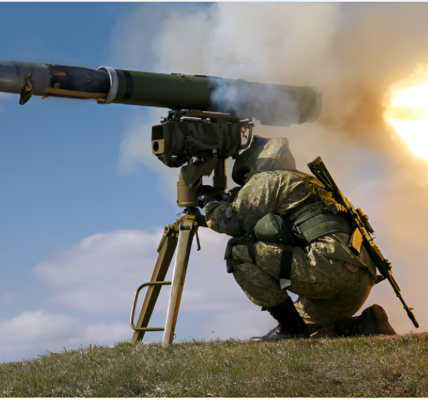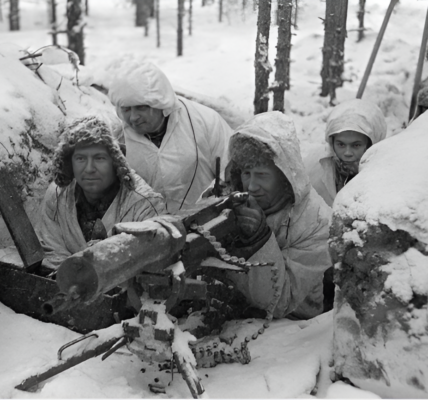55 Years After the Six-Day War: How Morocco and Saudi Arabia Helped Israel Secure a Historic Victory

The Six-Day War, which erupted on June 5, 1967, remains one of the most significant military conflicts in the history of the Middle East. Despite its brevity, lasting only six days, the war reshaped the region and has had lasting consequences that are still felt today. While the war is often remembered for the fierce clashes between Israel and Egypt, with Syria, Iraq, and Jordan also involved, a lesser-known chapter of the conflict is the crucial support provided by Morocco and Saudi Arabia, both of which played key roles in ensuring an Israeli victory.
The conflict primarily saw Israeli forces battling Egypt, then part of the United Arab Republic, with Syrian and Iraqi forces lending their support. Jordan also joined the fight on the side of the Arab states. Israel’s swift victory was largely due to its overwhelming military capabilities, particularly the efficiency of the Israeli Air Force, which decimated Egypt’s airfields, neutralizing much of its aerial defense and paving the way for a successful ground campaign in Gaza and the Sinai Peninsula. Syria also suffered heavy losses in the Golan Heights, a region it still has not regained.
What is often overlooked, however, is the indirect yet pivotal role that Saudi Arabia and Morocco played in this outcome. At the time, Egypt’s military was already overstretched, primarily due to its involvement in the ongoing civil war in North Yemen. The royalist forces in Yemen, backed by Saudi Arabia, the CIA, MI6, the Israeli Air Force, and British mercenaries, were locked in a bloody conflict against Yemen’s republican forces, which were supported by Egypt. Saudi Arabia’s intervention in Yemen effectively weakened Egypt’s ability to respond to the threat posed by Israel. By 1967, Egypt’s frontline forces, including its most experienced troops, were already heavily committed to the Yemeni Civil War. The loss of around 10,000 Egyptian soldiers in Yemen before the Six-Day War significantly undermined Egypt’s readiness for the conflict.
Meanwhile, Morocco, under the leadership of King Hassan II, played a more covert but equally decisive role in bolstering Israel’s strategic position. According to Israeli military intelligence chief Major General Shlomo Gazit, the Moroccan king provided Israel with invaluable intelligence. In 2016, it was revealed that King Hassan II passed on crucial recordings of high-level meetings between Arab leaders, revealing their war plans. This intelligence allowed Israel to assess the Arab states’ lack of preparedness and enabled them to counter Egypt’s posturing in the Sinai Peninsula, preventing a full-scale surprise attack. When Egypt amassed troops in the Sinai, Israeli intelligence, aided by Moroccan insights, recognized it as a bluff, which helped Israel act decisively at the onset of the war.
These actions from Saudi Arabia and Morocco not only facilitated Israel’s military success but also shifted the narrative of the Arab-Israeli conflict. The involvement of these Western-aligned Arab nations undermined the idea of a unified Arab front against Israel, revealing the Cold War dynamics at play. While Saudi Arabia and Morocco could not openly side with Israel due to domestic political considerations, their indirect support undermined Egypt’s position and gave Israel a significant advantage in the crucial days leading up to the war.
The Six-Day War remains a powerful reminder of how regional alliances and geopolitical interests can shape the course of history. Morocco and Saudi Arabia’s roles in helping Israel achieve victory in 1967 were not only crucial for the outcome of the war but also helped set the stage for the evolving relationships between Israel and the Arab world in the years that followed.




